Nothing beats a good revenge story, and history is full of them. Alongside love and death, revenge has inspired some of the most famous quotes and sayings. From industrial tycoon JRD Tata to an ordinary farmer, everyone can relate to the urge for revenge. This suggests that humans are naturally inclined towards vengeance, constantly looking for ways to get back at their adversaries. While revenge rarely solves problems, when done cleverly and strategically, it can provide satisfaction and embarrass the wrongdoer.
‘Sweet revenge’ is one of the best ways to get back at someone because it doesn’t harm them, but it benefits you greatly. We often see such stories in movies, but there are plenty of real-life examples too. Here are five such tales:
1. How Did The Iconic Taj Hotels Get Their Start?
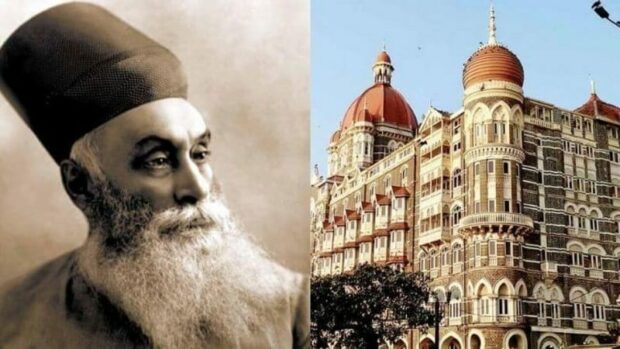
Last year, Taj Hotels, one of the world’s most luxurious hotel chains, was recognized globally when it was named the Strongest Hotel Brand in the World by Brand Finance. But did you know there’s a tale of sweet revenge behind the establishment of India’s most famous hotel?
Jamsetji Tata, the founder of the Tata Group, once travelled to Britain to meet a British friend. When he arrived at Watson’s Hotel to meet him, he was refused entry because the hotel was for ‘whites only.’ This insulted Jamsetji Tata, so he decided to build a hotel where Indians and foreigners could stay without any restrictions, leading to the creation of India’s first super-luxury hotel, the Taj.
Despite many challenges, including the 2008 Mumbai terrorist attack, the Taj Hotel has thrived. Today, it stands as a symbol of hospitality and elegance, admired by tourists worldwide.
2. Ford vs. Ratan Tata
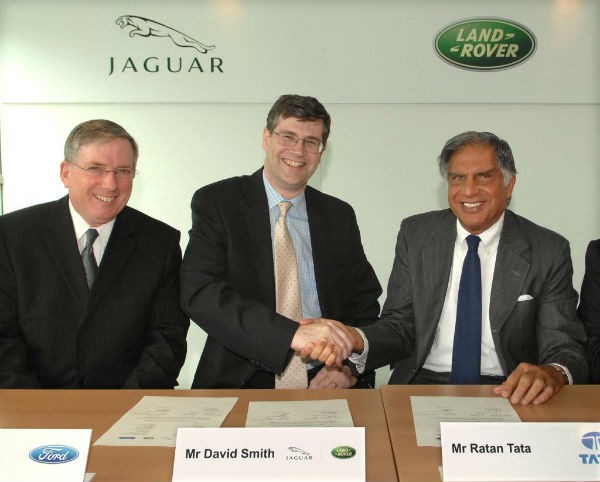
In 1999, after the failure of the Tata Indica, India’s first indigenous car, Ratan Tata went to Detroit to sell Tata Motors’ car division. At a meeting with Ford’s chairman, Bill Ford, and other executives, Ford taunted Tata by saying, “When you don’t know anything about passenger cars, why did you start the business?”
Humiliated, Ratan Tata decided not to sell and returned to India, focusing even more on Tata Motors. Nine years later, in 2008, during the global financial crisis, Tata Motors bought Ford’s Jaguar and Land Rover brands for $2.3 billion. Bill Ford thanked Ratan Tata, saying, “You are doing us a big favour by buying JLR.” Tata turned JLR into one of their most profitable ventures, turning the tables on Ford.
3. Ferrari and a Farmer’s Son
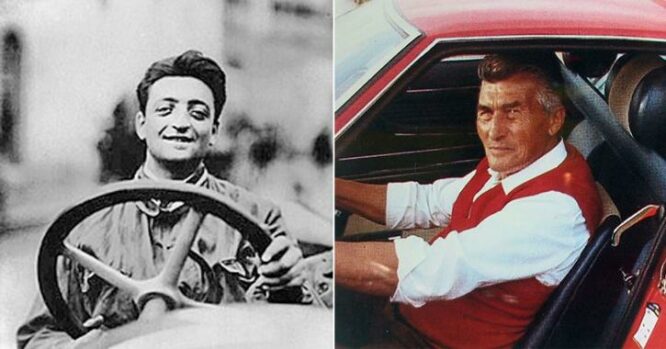
Ferruccio Lamborghini, the son of a grape farmer, founded a successful tractor-manufacturing business after World War II. A sports car enthusiast, he bought a Ferrari 250 GT but found it had several issues. When he approached Enzo Ferrari with suggestions, Ferrari arrogantly dismissed him, saying, “The problem is not with the car but with the driver.”
Angered, Lamborghini decided to make his own sports car. In 1963, he unveiled the Lamborghini 350 GTV at the Turin Motor Show, which was a huge success. His cars competed directly with Ferrari’s, proving that the farmer’s son could build cars as good as Ferrari’s, if not better.
4. An Indian King Buys Rolls-Royce Cars to Collect Garbage
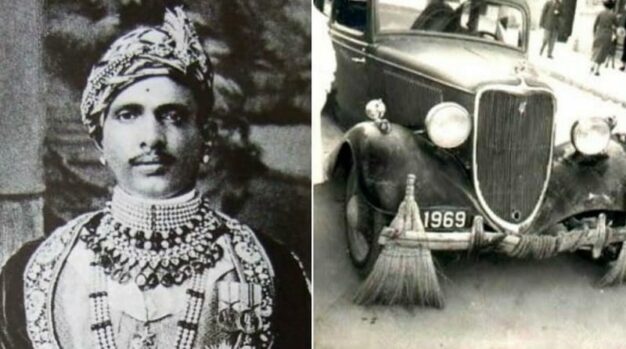
Maharaja Jai Singh of Alwar, Rajasthan, once visited a Rolls-Royce showroom in London in 1920, dressed in ordinary clothes. The staff, not recognizing him, insulted him and asked him to leave. Humiliated, the Maharaja returned to India, ordered seven Rolls-Royce cars, and used them to collect garbage.
The news spread worldwide, damaging Rolls-Royce’s reputation. The company quickly apologized and offered him seven new cars for free. The Maharaja accepted their apology and stopped using the cars for garbage collection, restoring Rolls-Royce’s image.
5. The Humiliated Farmer’s Story
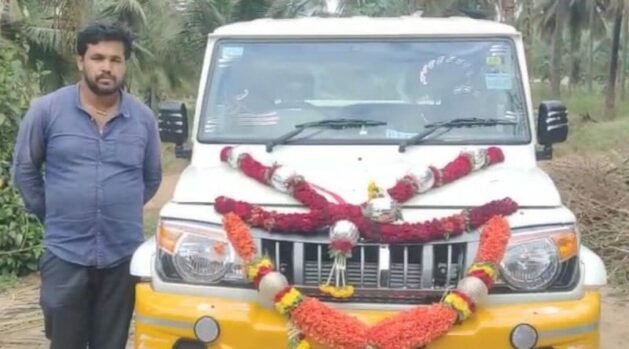
Kempegowda RL, a farmer from Karnataka, went to a Mahindra dealership to buy a Bolero pick-up truck. The sales staff mocked him, saying he wouldn’t have “Rs. 10 in his pocket,” let alone Rs. 10 lakh for a car. Humiliated, he returned with Rs. 10 lakh in cash within 30 minutes but refused to buy the car from that showroom.
The incident went viral on social media, catching the attention of Anand Mahindra, the chairman of Mahindra & Mahindra. The company apologized and offered Kempegowda the vehicle. The farmer’s story became a symbol of standing up against humiliation and achieving sweet revenge.
These stories show that success is indeed the best form of revenge, turning personal affronts into triumphs that benefit not just the individual but often many others as well.